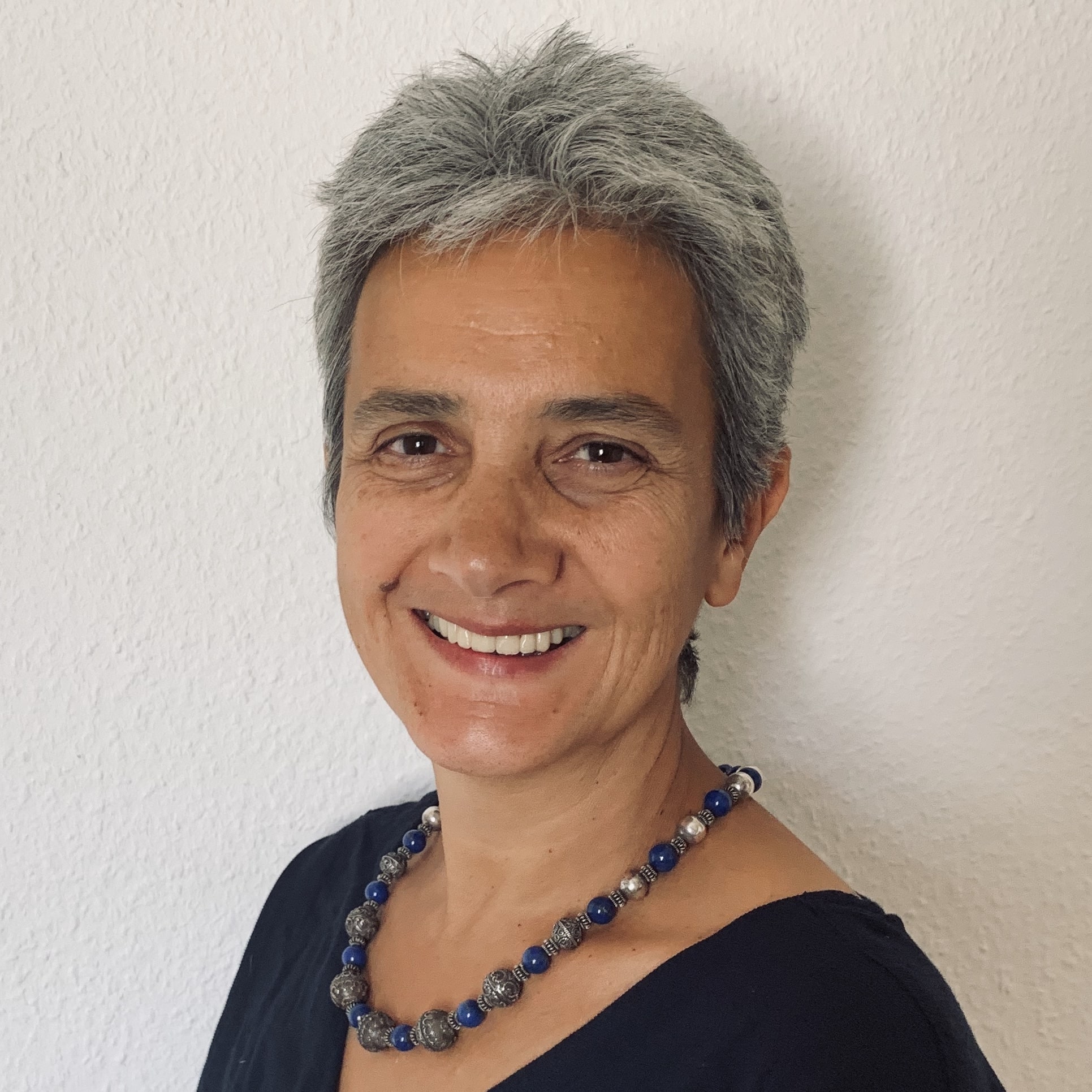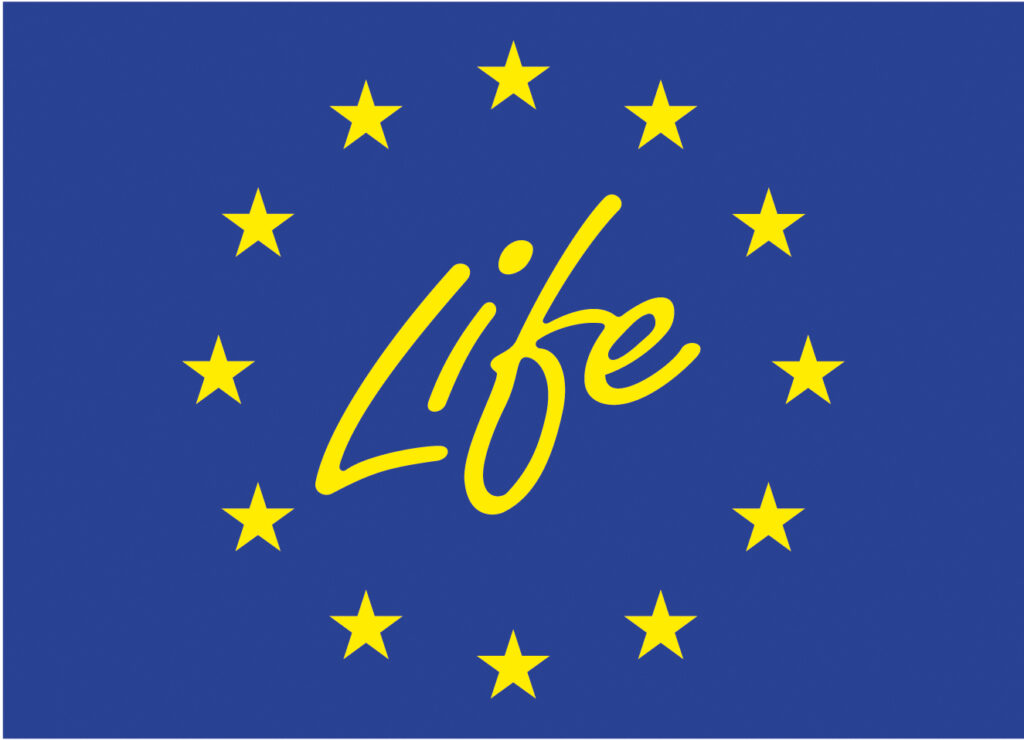Highlighting the need for metrics within the just and sustainable energy transition and the role of GINGR in delivering data-driven solutions.
Event Summary
In response to global commitments to accelerate decarbonisation, COP28 reaffirmed the need to triple renewable energy capacity by 2030. Achieving this target requires a balanced approach that respects biodiversity and the well-being of communities impacted by new infrastructure. Recognising this need, GINGR (Global Initiative for Nature, Grids, and Renewables) aims to develop—through collaboration with stakeholders—a pioneering framework for assessing the ecological and social impacts of renewable energy and electricity grid projects.
At the WWF ‘Panda Pavilion’ at COP29, GINGR is gathering a diverse group of voices—policymakers, industry leaders, NGOs, and community advocates—to co-create a framework that guides renewable energy expansion while protecting nature and supporting communities. Currently in the early stages, GINGR aims to establish standardised metrics and reporting systems that make sure new energy projects benefit both the environment and people.
This event invites all stakeholders to bring their unique perspectives to the table. By contributing to the foundational design of GINGR’s tools, participants help ensure the framework is practical and relevant. Government representatives can align this framework with national goals; industry leaders can make sure it reflects the real-world dynamics of project deployment, while NGOs and community advocates can ensure that it genuinely addresses social and environmental needs.
For those committed to a just and nature-friendly energy transition, this event is a chance to shape a framework that’s adaptable, inclusive, and impactful. Join us to co-develop the tools that will help drive a future of energy that we can all be proud of, one that respects our planet and empowers local communities. Attendees will leave with practical insights, a clear understanding of GINGR’s mission, and concrete avenues to incorporate their perspectives into the framework’s development, ensuring it meets diverse needs and fosters a genuinely inclusive energy transition.
contact
Annika Lilliestam
annika[at]renewables-grid.euCoordinator – GINGR

Antonella Battaglini
antonella[at]renewables-grid.euChief Executive Officer


Funded by the European Union. Views and opinions expressed are however those of the author only and do not necessarily reflect those of the EU or LIFE Programme. Neither the EU nor the granting authority can be held responsible for them.


